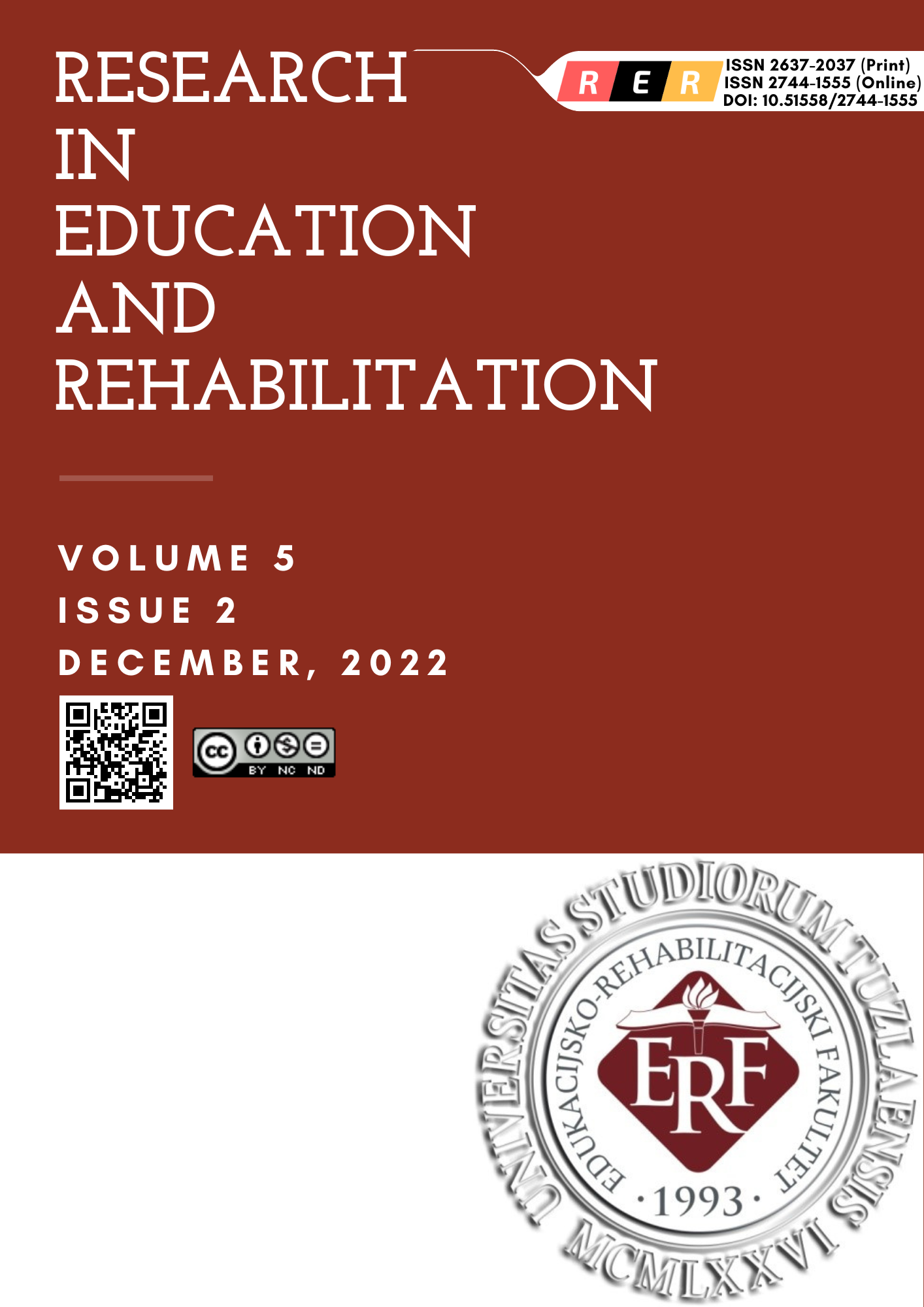LEARNING DOLLAR UP TECHNIQUE BY A PARTICIPANT WITH DOWN SYNDROME
LEARNING DOLLAR UP TECHNIQUE BY A PARTICIPANT WITH DOWN SYNDROME
Author(s): Bojana Arsić, Anja Gajić, Aleksandra Bašić, Dragana Macešić-PetrovićSubject(s): Inclusive Education / Inclusion
Published by: Edukacijsko-rehabilitacijski fakultet Univerziteta u Tuzli
Keywords: dollar up; money management; self-regulation; Down syndrome; intellectual disability;
Summary/Abstract: It is stated that people with intellectual disabilities (ID) have self-regulation difficulties when being compared to typically developing people. Process of planning self-regulated strategies for people with ID involves defining the goal, choosing the right strategy that would allow the person to achieve the predetermined goal, goal realization process and evaluating the outcomes. Therefore, the aim of this study was to examine the effectiveness of implementing self-regulated strategies into achieving the goal of dollar up technique usage for independent shopping for a 28 year old participant with Down syndrome and moderate ID. We defined the goal as recognition and use of 100 dinars bills. The set goal had four phases and for each phase the baseline probes were conducted, as well as materials for independent use by the participant were made. The results indicate that the participant mastered the first phase with 40% success, second one with 100% success, third one with 90% success and the fourth and final stage with 100% success. Even though the participant did not master the first phase in the required percentage, this did not disrupt the mastering of the final goal. This study extends the research regarding dollar up strategy implementation, by providing evidence that people with ID can benefit from self-regulation procedures and proves that they are able to learn them on their own when given the right materials, therefore obtain better community skills and obtain full participation in the society they live in. Study limitations and possible procedure modifications were discussed.
Journal: Research in Education and Rehabilitation
- Issue Year: 5/2022
- Issue No: 2
- Page Range: 99-110
- Page Count: 12
- Language: English

